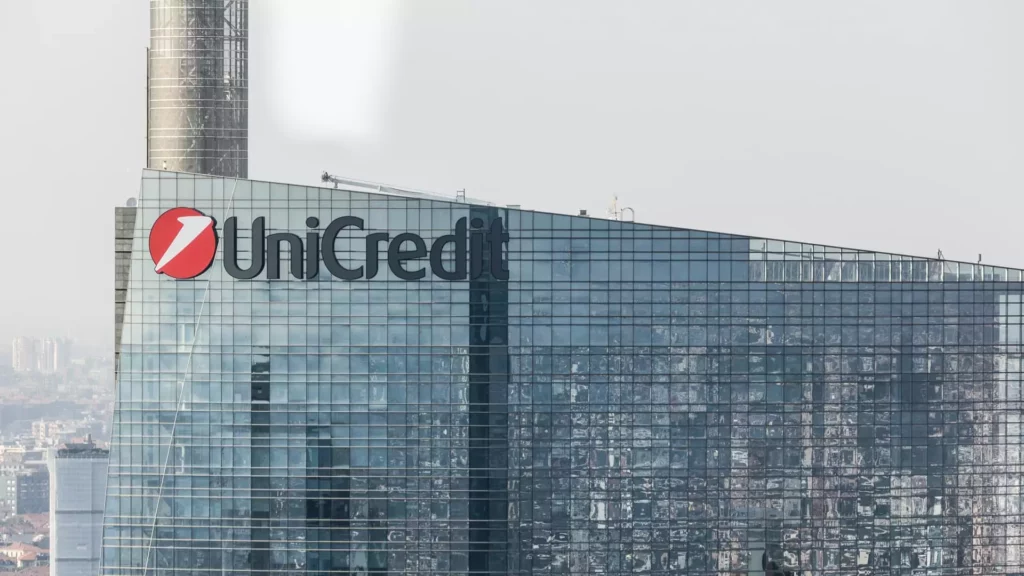In a significant move, Italy’s banking giant UniCredit announced its increased stake in Commerzbank to 28%, a leap from a previously held 21%. This decision comes at a time of heightened speculation about potential acquisitions within the European banking landscape. By utilizing various derivative instruments, UniCredit holds a 9.5% direct share coupled with approximately 18.5% achieved through derivatives, showcasing a strategic approach to expand its influence in the German banking sector.
UniCredit has submitted an application to the European Central Bank, seeking approval to elevate its stake further up to 29.9%. As CEO Andrea Orcel simultaneously pursues a deal with Banco BPM, it raises questions about UniCredit’s long-term vision for both the Italian and German markets. The philosophy guiding this dual pursuit appears to stem from a belief in the latent value that Commerzbank possesses, which UniCredit seeks to crystallize to bolster its competitive positioning.
The Investment Landscape and Market Implications
Despite UniCredit’s eagerness to capture market share, the bank has clarified that its current posture concerning Commerzbank remains an investment strategy. Importantly, this stance does not interfere with its ongoing €10 billion bid for Banco BPM. Analysts suggest that Orcel could enhance his offer, potentially introducing a cash component to entice shareholders and strengthen UniCredit’s footprint in Italy. This dual strategy illustrates a keen understanding of the dynamics at play in major European markets.
UniCredit’s declaration, emphasizing a belief in Germany’s robust businesses and communities, highlights the growing importance of a resilient banking sector in fostering economic development. However, aligning with Commerzbank would require deft navigation through not only market demands but also regulatory hurdles.
Political Dynamics and Market Reactions
The political environment in Germany adds another layer of complexity to UniCredit’s aspirations. The German government has displayed reluctance regarding the idea of a Commerzbank merger, stemming from its historical ties to the lender, which it had to bail out during the financial crisis of 2008. After recently experiencing political upheaval, with Chancellor Olaf Scholz facing a no-confidence vote, the landscape is even more precarious. One can surmise that any change in the political climate could significantly impact UniCredit’s courting of Commerzbank.
Analysts have pointed out that merging Commerzbank—a bank already under the stewardship of the German government—with UniCredit, which operates through its HypoVereinsbank division, could lead to substantial synergies across various banking services including capital markets, trade finance, and payments.
As market players reacted to the news, UniCredit’s shares saw a modest rise of 1.1%, while Commerzbank experienced a more pronounced increase of 3.1%. These movements may indicate investor optimism about potential synergies and value creation.
UniCredit’s strategic intent to augment its stake in Commerzbank reflects a broader ambition to consolidate its presence in key European markets while seeking valuable partnerships. The multifaceted dynamics of investment strategies, coupled with the volatile political landscape, create both opportunities and challenges. As UniCredit navigates this path, the implications for shareholders, customers, and the wider financial markets will undoubtedly be significant. How these strategic moves play out in 2024 will hold critical lessons for analysts and industry stakeholders alike, as they monitor the evolving landscape of European banking.

